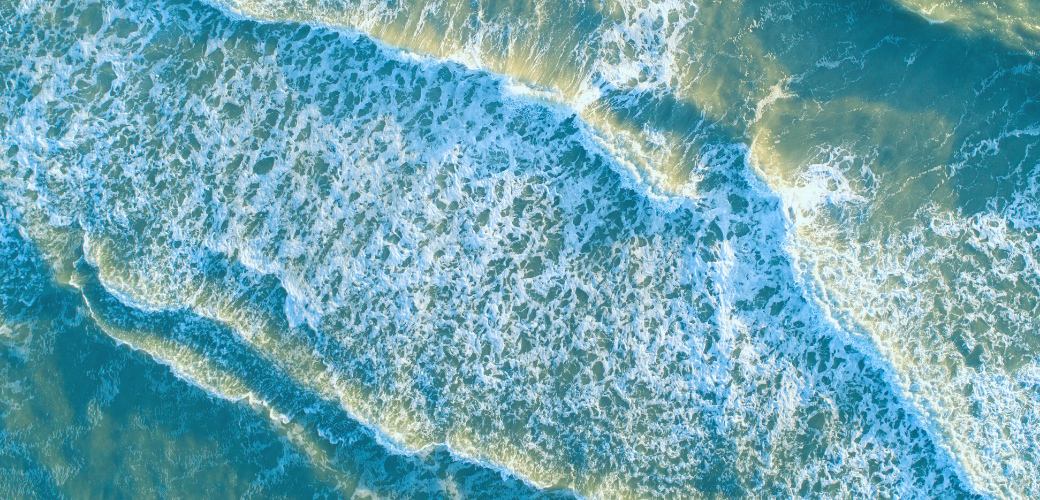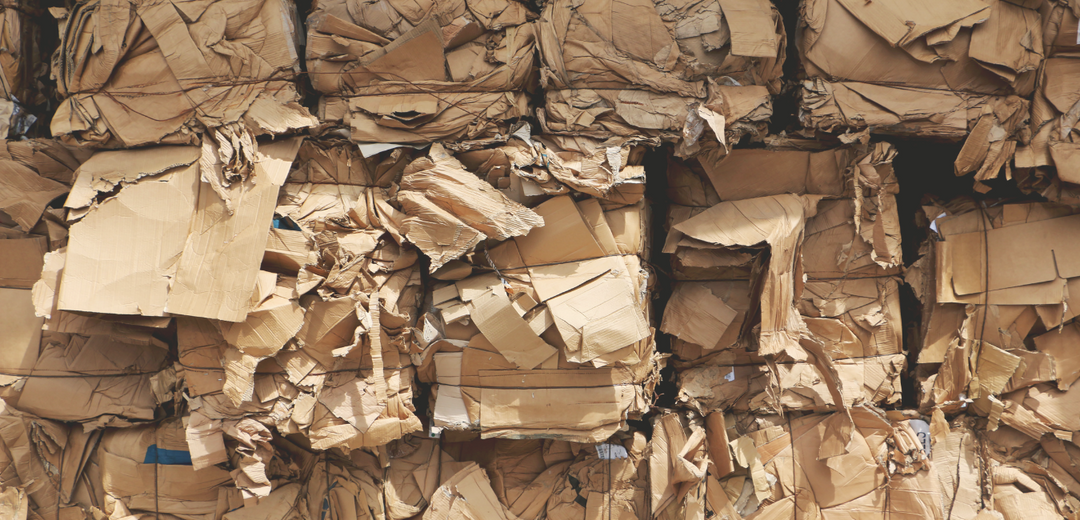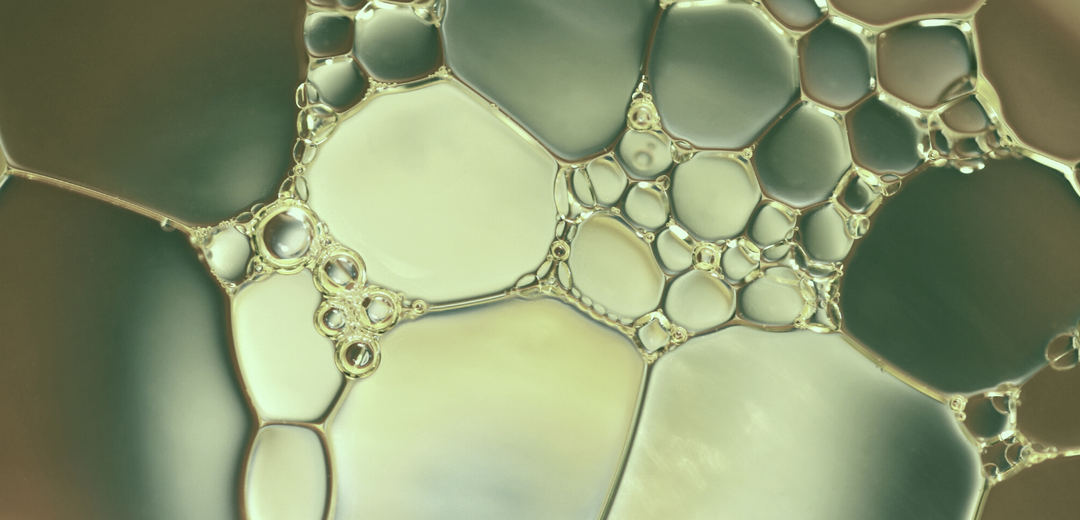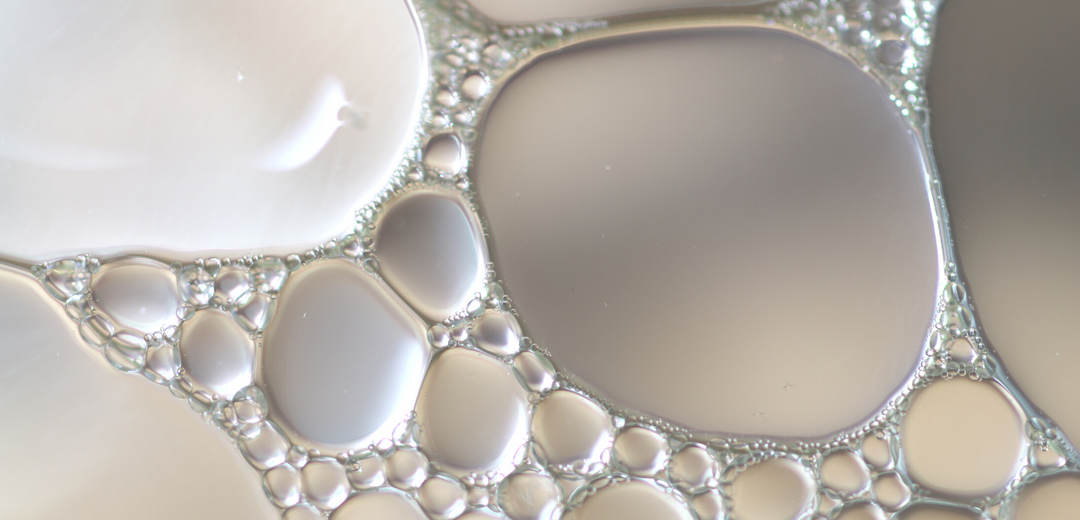Why Is Monitoring And Protecting Our Oceans' Health Important?
Ocean conservation is a pretty big deal, so let's dive deeper.
Our oceans are the largest, most biologically diverse ecosystems on Earth, both above and below the surface. According to National Geographic, oceans cover about 71% of our planet's surface and are home to more than 90% of all life on Earth! They are home to millions of different species of wildlife, including fish, whales, dolphins, corals, plankton, and algae. Isn’t that amazing?
What’s more amazing is that our marine environment is our world’s largest carbon sink! A carbon sink is anything that is biologically or physiologically capable of containing more carbon than it releases. Ultimately, a carbon sink prevents carbon from being able to enter our atmosphere as carbon dioxide (also known as CO2). This is extremely important, since we need an equal amount of CO2 being stored and released at the same time in order to keep our planet in balance.
What benefits do we receive from our oceans?
The ocean regulates the air we breathe, but it does so much more than just that. It provides a primary source of food such as fish, which serves as the greatest percentage of the world’s protein consumed by humans. It also provides forms of transportation and economic benefit, given that 90% of trade between countries is carried by ships and telecommunications utilize underwater cables. Marine life can also produce chemicals that advance human medicine in treating diseases, like Discodermolide, which is extracted from sea sponges to treat tumors. The ocean plays a vital role in supporting life as we know it – providing clean air, a source of food, a medium for trade and communications, and medical treatments.
So, what exactly is ocean conservation?
Ocean conservation is simply taking action to protect our marine environment from harm by humans or other forces.

What can we do to help?
There are multiple ways to enact change and these are some factors that have the largest impact on the health of our oceans.
-
First, we could start by reducing our consumption of plastic. According to the International Union for Conservation of Nature, each year around 14 million tons of plastic end up in the ocean. That means 80% of all debris found within ocean water is from plastic. We need to start being cautious of where we throw our trash and start monitoring our ocean’s pollution levels!
-
Second, we can be mindful of our carbon footprint. Small lifestyle changes can actually make a big difference to the health of our planet! A great way to start is by conserving energy whenever you’re not actively using it.
-
Lastly, promoting sustainable fishing practices. Overfishing has become a huge problem, since it’s causing fish populations to dwindle. As stated in a report done by Greenpeace International, fishing gear and nets account for 86% of large plastics found within the ocean. We can promote sustainable fishing practices that eliminate fossil fuel use and plastic netting techniques in order to respect our marine ecosystems. Buying fish and seafood obtained in sustainable ways helps guarantee the continuity of the species. Next time you’re out shopping for seafood, focus on the fish’s certification label and/or the grocery store’s seafood sourcing policy.







